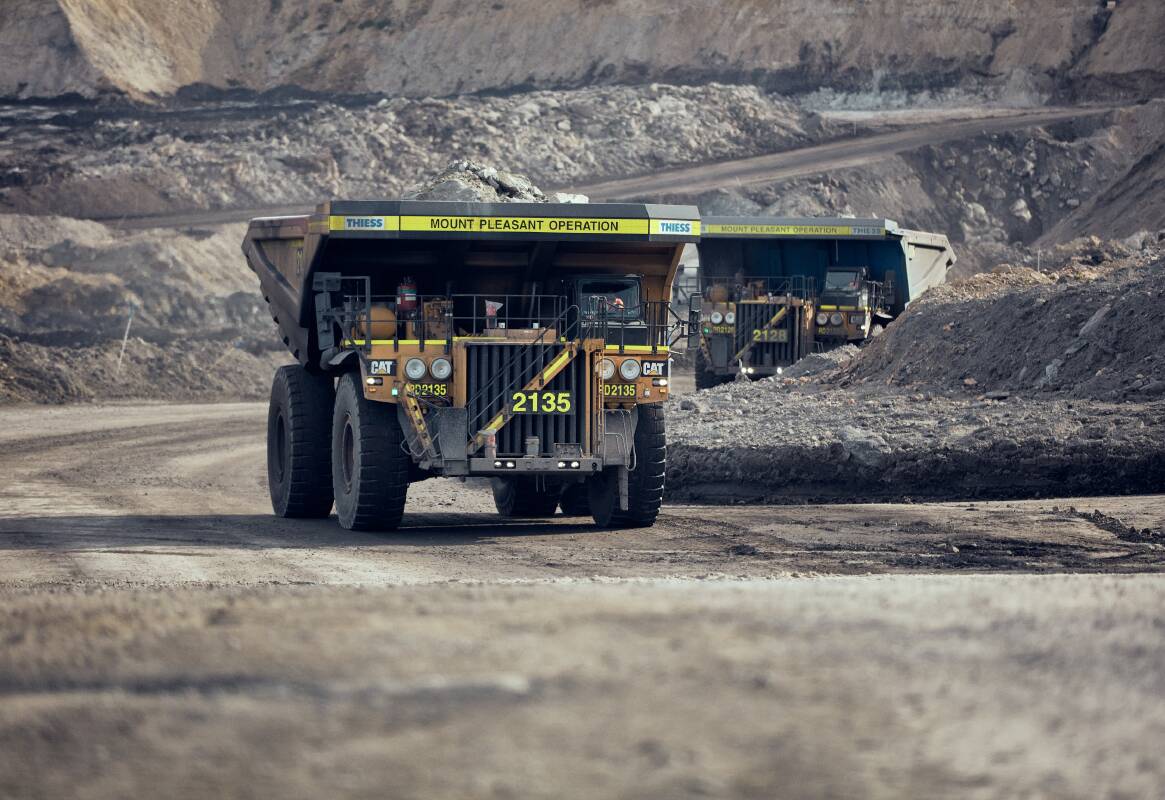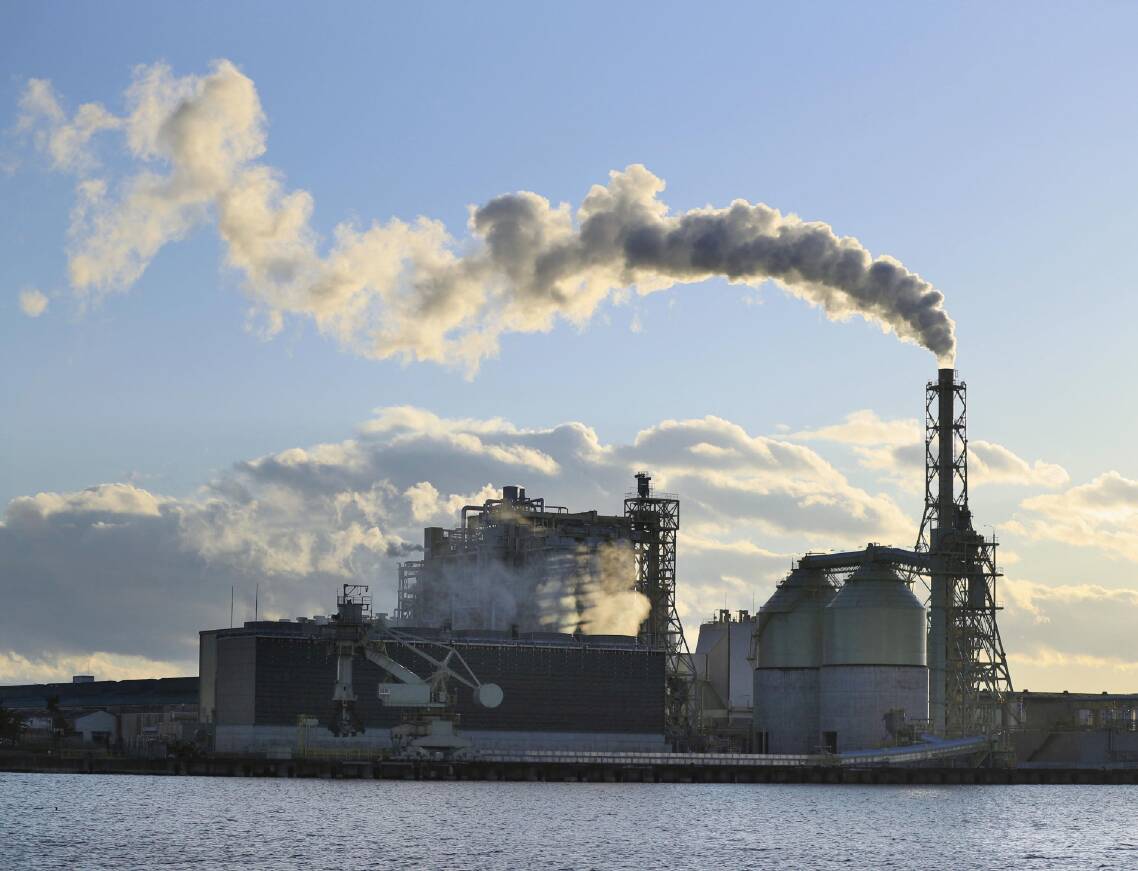
A DECLINE in Australian thermal coal exports will be accelerated by the global energy crisis, the renewables-focused Institute for Energy Economics and Financial Analysis (IEEFA) says in a new report.
Newcastle export coal has hit new highs more than $US450 ($670) a tonne, but IEEFA says "very high coal prices are a double-edged sword for the coal industry" as various countries move to cut their coal imports.
"At this stage of the energy transition, high prices will destroy long-term demand for coal even faster," IEEFA says, arguing that plans for new coal-fired stations have been wound back in a range of countries.
The NSW Minerals Council says IEEFA has been consistently wrong in its predictions of demise for the coal industry.
Records show coal-fired power stations generating 45,000 megawatts were built worldwide last year, with another 13,700 megawatts in the first half of 2022.
Environmental restrictions on mining are blamed for coal shortages, driving up prices.
The report, titled Australian Thermal Coal Outlook Report - Volumes Set to Fall Amid Accelerating Energy Transition, says Australian governments should start planning for a faster-than-expected transition away from coal.
"Record-high coal and gas prices globally will accelerate the switch to cheaper more energy secure solutions like wind and solar in Australia's key and emerging export markets," IEEFA said.
The report's authors, Simon Nicholas and Andrew Gorringe listed four main findings. They said:
1. Growing energy security concerns mean the global energy transition away from coal is accelerating, and the long-term outlook for Australian thermal coal exports is declining faster.
2. Australia will find it hard to replace its key export markets of Japan, South Korea and Taiwan as developing Asian markets are significantly reducing coal's role in their plans.
3. China and India will seek to increase reliance on domestic coal, leaving Indonesian coal exporters in search of new market competition with Australian exporters.
4. The long-term fate of Australian coal exports is outside the control of state and federal governments.
"Australia's traditional key export markets-Japan, South Korea and Taiwan-are all shifting away from reliance on expensive imported thermal coal in the long term," the authors said,
"Very high coal prices are a double-edged sword for the coal industry. At this stage of the energy transition, high prices will destroy long-term demand for coal even faster.
"A transition away from coal over the coming decades is certain. The only question remaining is whether that transition will be planned and orderly, or chaotic."
NBSW Minerals Council CEO Stephen Galilee had another view, saying IEEFA was regularly wrong in its predictions.
"IEEFA regularly forecasts an imminent end for NSW coal, but the reality is different," Mr Galilee said.
"The Commonwealth Government's Office of the Chief Economist has identified continued demand for our high-quality coal from our major export partners, as well as growing demand from emerging markets in South-East Asia.
"Our high quality NSW coal exports doubled from 2007 to 2014 and have remained at or near record levels since then.
"While global commodity prices can sometimes move up and down quickly, there is strong demand for our coal exports and we export to more than 20 countries, including across South-East Asia.
"NSW plays an important role in providing quality coal to coal-fired power stations in many countries globally."
Last week's Australian Coal Report noted a new record price for top-quality 6000-kilocalorie Newcastle export thermal coal of $US450 ($670) a tonne.
This week's ACR said the Newcastle market had "taken a breather" and the McCloskey Newcastle Export Index closed down about $12 last Friday to $US440.82. ($654).
While most thermal coal is not suitable for use in steelmaking, the higher energy "semi-soft" coking coal that comprises about 15 per cent of Newcastle exports to steelmakers overseas, can be sold into thermal coal markets for use in power stations.
But it has rarely happened historically because the two markets are separate and coking coal has been more expensive than thermal coal virtually ever since the modern export coal industry to Japan began in the early 1960s.
But the energy shortage has seen thermal coal sell for much more than coking coal, to the point where coking coal mines are shifting sales, where they can, to the better-paying power stations.

WHAT DO YOU THINK? We've made it a whole lot easier for you to have your say. Our new comment platform requires only one log-in to access articles and to join the discussion on the Newcastle Herald website. Find out how to register so you can enjoy civil, friendly and engaging discussions. Sign up for a subscription here.







